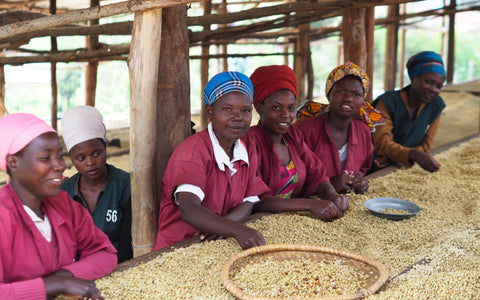
Supporting women in the Rwandan coffee industry
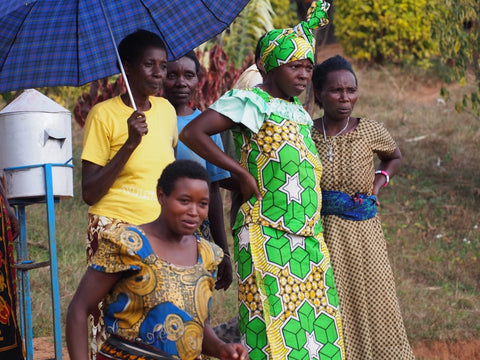
History of women and war conflicts in Rwanda
Rwanda's history has been marked by tragic conflicts that have had a profound impact on the status of women in society. The saddest chapter was the 1994 genocide , during which nearly 800,000 people, mostly ethnic Tutsis, were murdered. This brutal conflict had a devastating impact on the entire population, but women faced particularly difficult trials - many were widowed, orphaned, or had to cope with the trauma of the violence.
After the genocide, Rwanda found itself in a situation where the majority of survivors were women. They were forced to take on roles previously held by men – becoming heads of families, businesswomen and community leaders. The state recognised their key role in the country’s reconstruction and launched programmes to support women’s economic independence . As a result, Rwanda is now one of the world’s leaders in gender equality, with a high representation of women in politics and business.
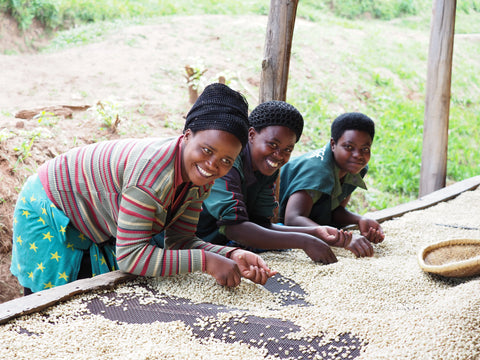
- Rainforest Alliance certification to increase the value and sustainability of coffee.
- Providing livestock to members, which will help them diversify their sources of income.
- Providing comprehensive health insurance for women and their families.
- Building a sewing workshop for young people, which will offer them job opportunities.
- Establishing a kindergarten for the children of female farmers, which will support the education and development of future generations.
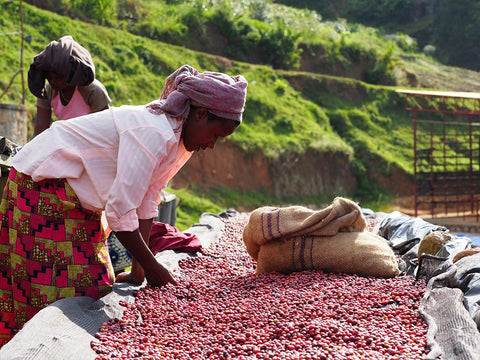
Rwandan Coffee Industry: Tradition and Quality
Rwanda is one of the world's leading producers of premium coffee, thanks to its ideal altitude, volcanic soil and equatorial climate. The country focuses primarily on growing Bourbon Arabica , a variety known for its smoothness and complex flavor.
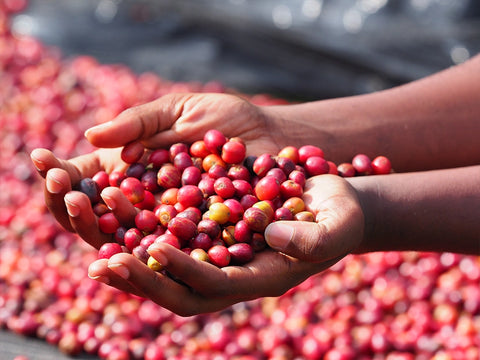
After the genocide, the government decided to invest in the coffee industry as a key sector for economic recovery. Rwandan coffee is now highly valued on international markets and regularly wins awards for its quality. In 2008, for example, Rwanda became the first African country to win the prestigious Cup of Excellence competition.
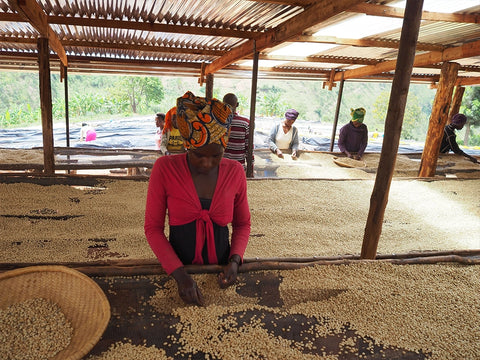
Through fair trade and sustainable initiatives like Women Coffee Extension , Rwandan farmers can get better prices for their produce and invest back into their communities.
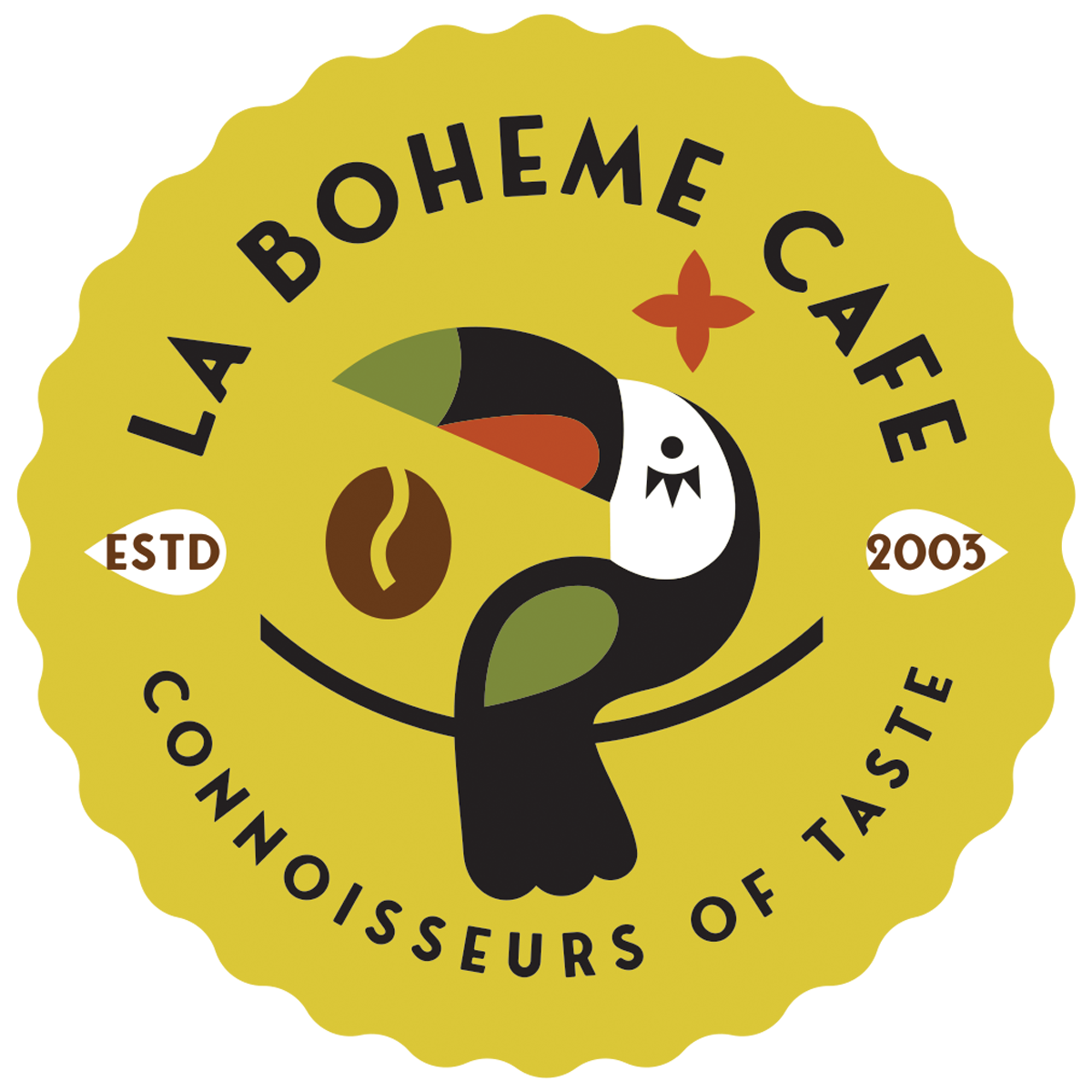
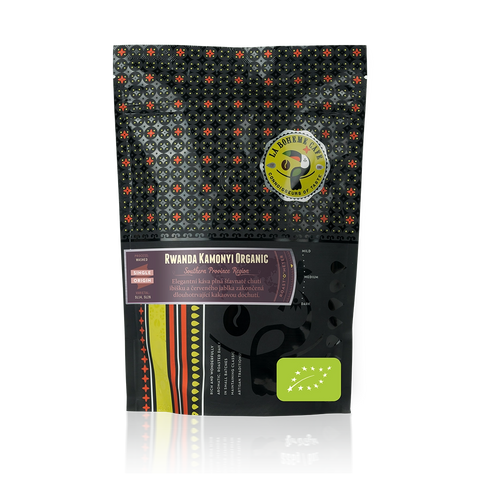
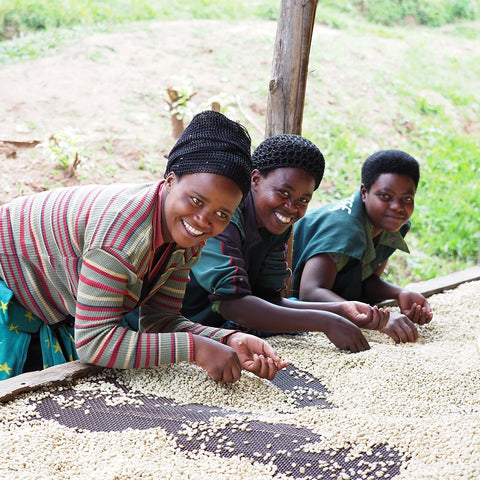
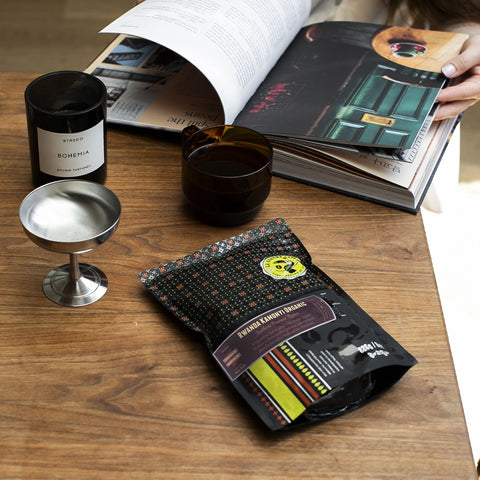
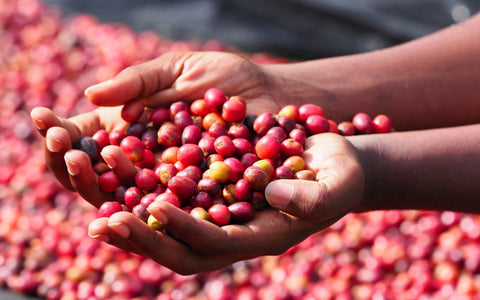

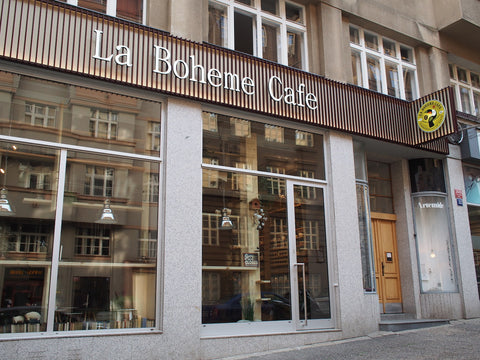
Comments (0)
There are no comments for this article. Be the first one to leave a message!